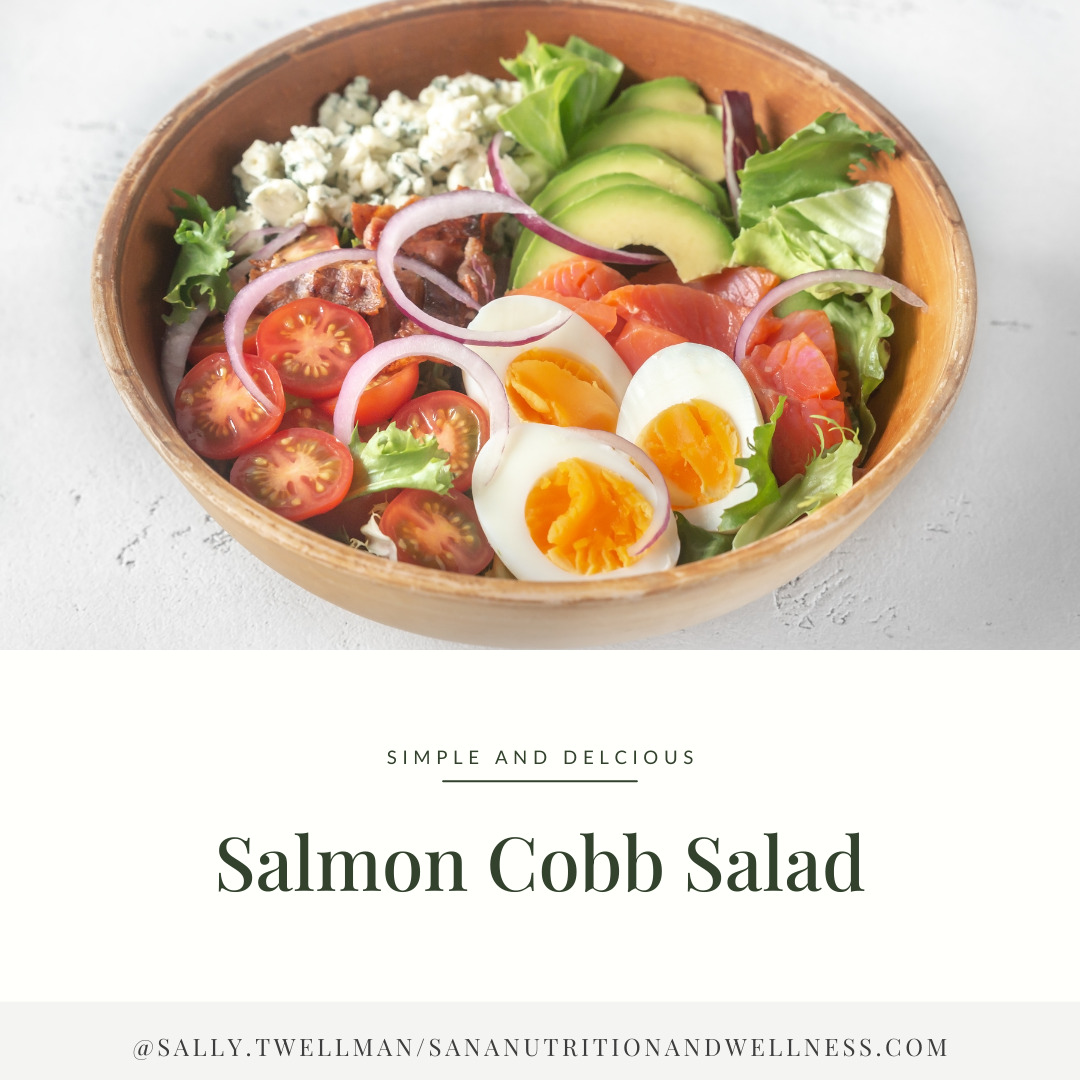Nourishing Our Bodies: Harnessing Nutrition and Lifestyle for Autoimmune Health
Autoimmunity: Understanding the Basics
Autoimmunity occurs when the body’s immune system mistakenly attacks its own tissues, mistaking them for foreign invaders. This can lead to inflammation, tissue damage, and a variety of symptoms depending on the specific autoimmune condition. Common autoimmune diseases include rheumatoid arthritis, lupus, Hashimoto’s thyroiditis, and celiac disease, among others.
Prevalence and Modern Influences
The prevalence of autoimmune diseases is on the rise, affecting millions worldwide, with women being disproportionately affected. Factors such as genetics, environmental triggers, and lifestyle choices contribute to the development and progression of autoimmune conditions. Our modern diet, characterized by processed foods, high sugar intake, and an imbalance of omega-6 to omega-3 fatty acids, can exacerbate inflammation and disrupt immune function. Environmental toxins, stress, lack of sleep, and sedentary lifestyles further contribute to the inflammatory cascade, increasing susceptibility to autoimmune diseases.
Healing the Gut: Foundation of Autoimmune Health
The gut plays a crucial role in autoimmune health, as it houses a significant portion of the body’s immune system. Dysbiosis, or an imbalance of gut bacteria, is commonly observed in individuals with autoimmune conditions. Healing the gut involves supporting a diverse and balanced microbiome through dietary and lifestyle interventions. Incorporating fermented foods like yogurt, kefir, and kimchi can introduce beneficial probiotics to promote gut health. Additionally, consuming fiber-rich foods such as fruits, vegetables, and whole grains nourishes gut bacteria and supports optimal digestion.
Fermented Foods: Kimchi and Pickles
Eating for Autoimmune Wellness
Nutrition plays a pivotal role in managing autoimmune conditions. A nutrient-dense diet rich in antioxidants, vitamins, and minerals can help modulate inflammation and support immune function. Emphasizing whole foods such as leafy greens, colorful fruits and vegetables, fatty fish, nuts, seeds, and lean proteins provides essential cellular repair and immune regulation nutrients. Omega-3 fatty acids found in fish oil and flaxseeds have anti-inflammatory properties, while antioxidants like vitamin C, vitamin E, and beta-carotene help neutralize free radicals and reduce oxidative stress.
Omega 3 Fatty Acid Supplements I Like: HERE and Vegan – HERE
Lifestyle Strategies for Autoimmune Support
In addition to nutrition, lifestyle factors significantly impact autoimmune health.
- Stress management techniques such as meditation, deep breathing exercises, and yoga can help mitigate the effects of chronic stress on the immune system.
- Prioritizing quality sleep is essential for immune function and tissue repair, aiming for seven to nine hours of restorative sleep each night.
- Regular physical activity, including both aerobic exercise and strength training, promotes circulation, reduces inflammation, and supports overall well-being.
Empowering Autoimmune Health
Addressing autoimmunity requires a multifaceted approach that encompasses nutrition, gut health, and lifestyle interventions. By prioritizing whole, nutrient-dense foods, nurturing gut health, managing stress, optimizing sleep, and engaging in regular physical activity, individuals can support their immune systems and mitigate the symptoms of autoimmune diseases.
Empowering ourselves with knowledge and taking proactive steps towards holistic wellness can lead to improved quality of life and greater resilience in the face of autoimmune challenges.
This article contains affiliate links. Rest assured, I stand behind all the products recommended. These links support the creation of valuable content at no extra cost to you. As an Amazon Associate, I earn from qualifying purchases. Thank you for your support!




